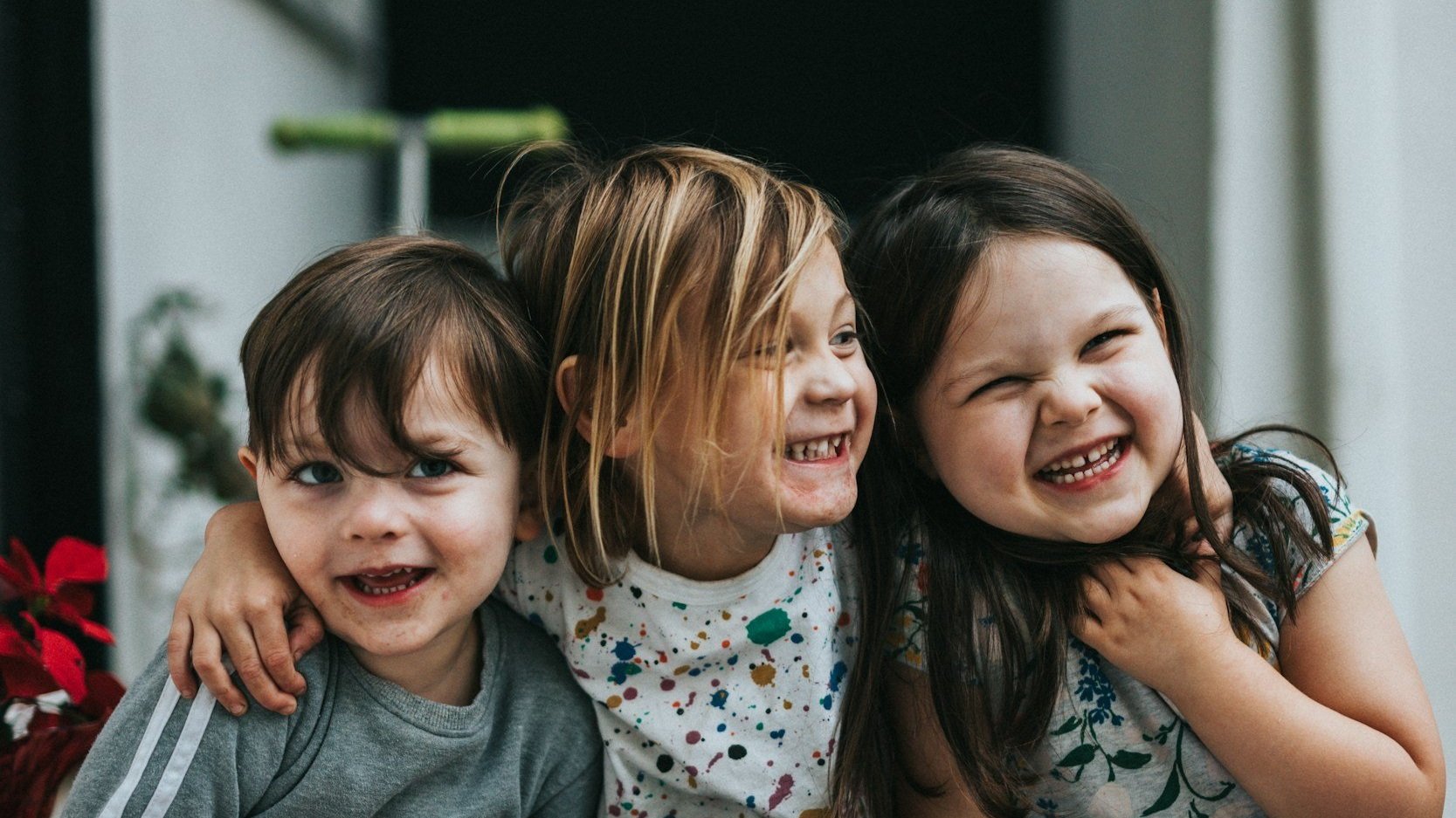
Pediatric Mental Health Blog
© 2026 COPYRIGHT NOTICE: All original resources, content, and materials produced and displayed on this website are the intellectual property of Child Therapy Guide. These resources are protected by copyright laws and are intended for personal, non-commercial use. Unauthorized reproduction, distribution, or any other unauthorized use of the content without explicit permission from Child Therapy Guide is strictly prohibited. Users are encouraged to enjoy and utilize the resources responsibly, respecting the copyright and intellectual property rights associated with the content. For any inquiries or requests regarding the use of our materials, please contact us through our contact form.
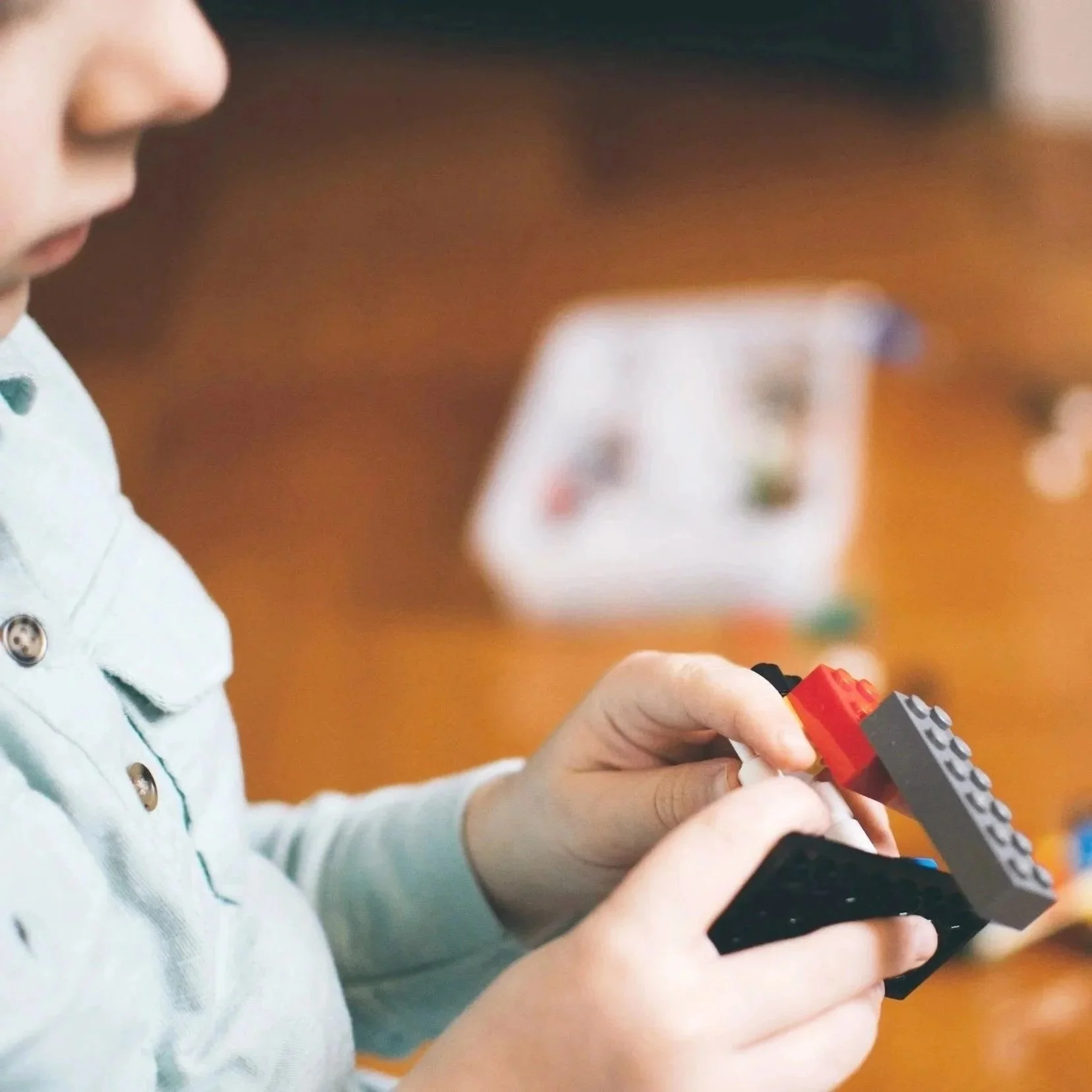
Therapeutic Activity: Build-It Prompts
Build-It Prompts are a hands-on way to engage kids in introspective thinking. It’s simple. Grab dice, some blocks (Lego or Play-Doh work well!), and our free printable activity guide. Roll the dice, read the prompt, and build!

Can Acupressure Tapping Help My Anxious Kid?
Emotional Freedom Technique (EFT) tapping is a gentle, evidence-based method. The bilateral stimulation of acupressure points through tap can help us process complicated thoughts and feelings, and reinforce affirmations. The technique combines focused thinking with sensory activation to rewire thought and behavior patterns.
Learn more and print our FREE guide.

Help Kids Prepare for the Holidays
Parties, events, and traditions around the holidays often alter our daily routines. This can be especially disruptive to kids who struggle with mental flexibility. With anticipated disruptions in mind, try our holiday preparedness conversation starters to promote social skills, confidence, problem-solving, and emotional regulation by helping kids feel heard, understood, and excited about the possibilities that lie ahead.
Preparedness in kids (and adults!) contributes to overall well-being and can significantly reduce dysregulated feelings and behaviors.

Child Therapy: 6 Types
Understanding what type of therapy is best for your child can be overwhelming. This comprehensible post breaks down 6 common modalities used by child therapists: play therapy, family therapy, dialectical behavioral therapy (DBT), acceptance and commitment therapy (ACT), parent-child interaction therapy (PCIT), and cognitive behavioral therapy (CBT). Once you understand what might be the best fit for you child, you can search for an appropriate licensed child therapist near you!
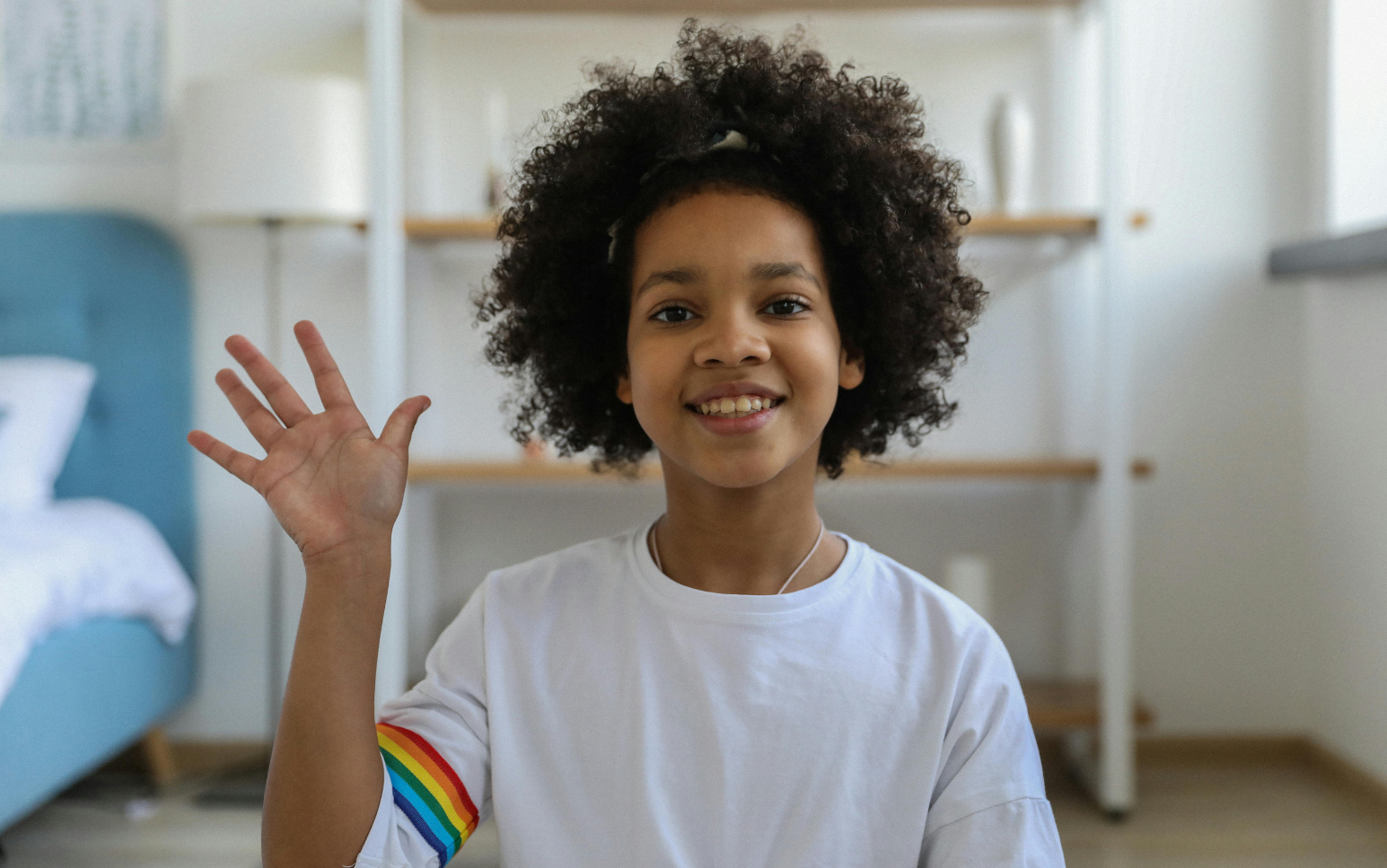
ADHD: Strengths and Challenges
Recognizing and embracing the unique strengths and challenges associated with ADHD is the first step in supporting a child’s development.
Here, we explore symptoms, diagnosis, management, and advocacy of ADHD to cultivate open communication and collaboration between parents, educators, and clinicians to create an environment that celebrates and supports a child’s individuality.
Read on for more information and a free printable handout!

Frequently Asked Questions About Child Therapy
When it’s time to seek therapy for your child, the options can seem endless. Read on for answers to 6 common questions about child therapy!
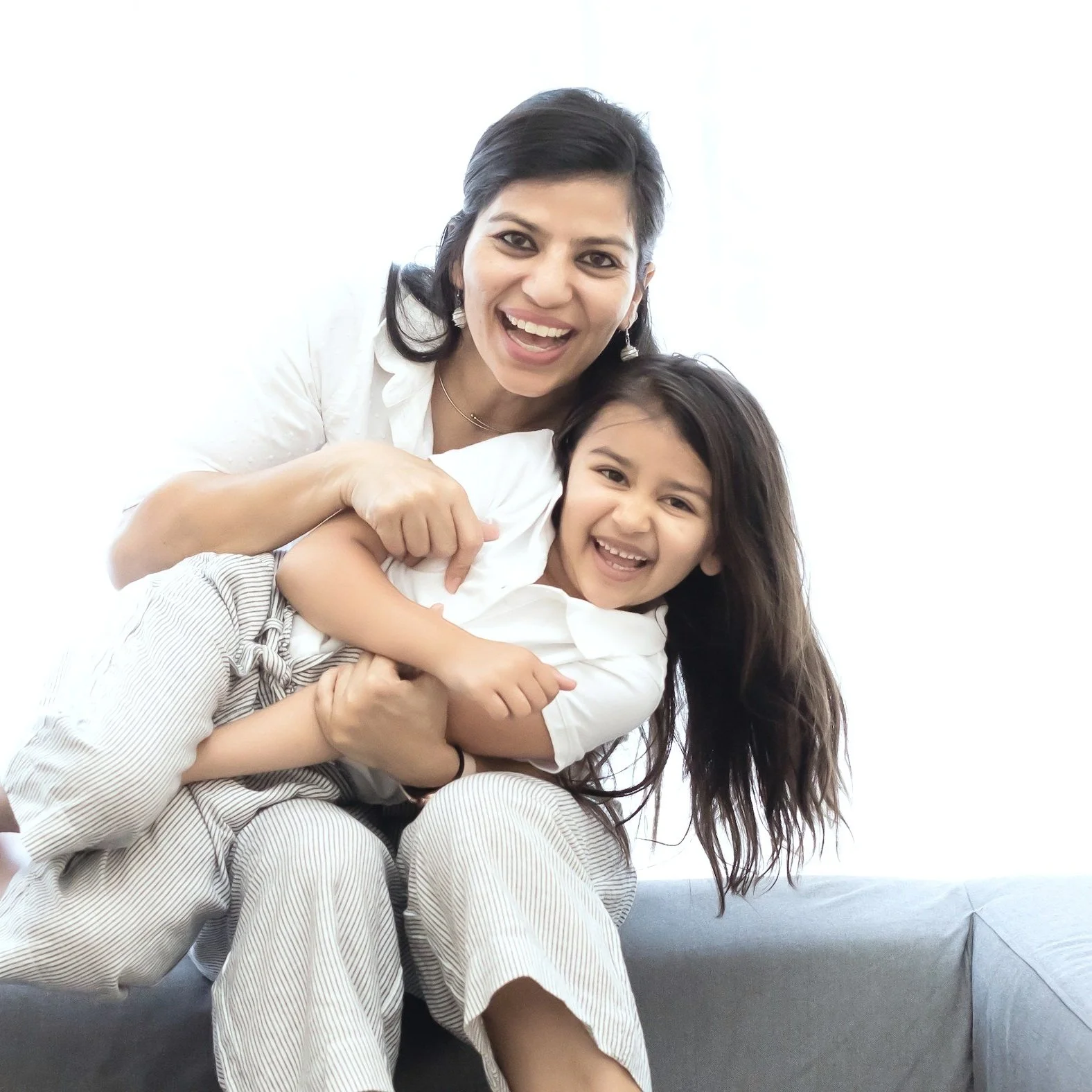
5 Free Parenting Tools
Our collection of free printable parenting tools offers practical, easy-to-use resources to improve communication, encourage positive behavior, and create a nurturing home environment.
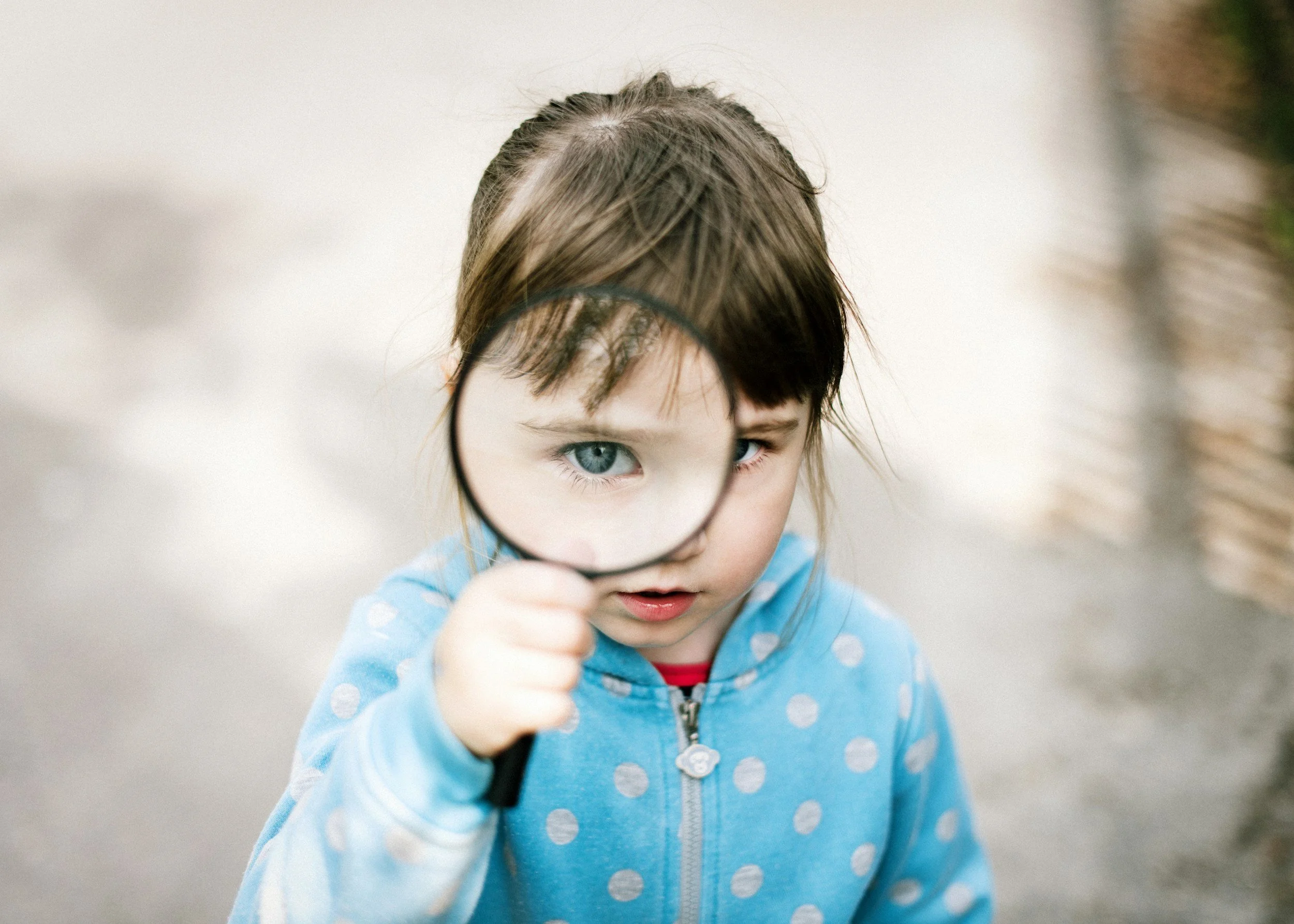
Fact or Opinion?
Our self-perception can shape how we examine our thoughts. For example, a child with a positive self-perception may get a low grade on a spelling test and think, “I didn’t do well, I’ll study more next time.” While a child with a negative self-perception may think, “I didn’t do well, I’m stupid.”
When helping kids examine their thoughts, it is important for them to sort fact from opinion. Are you stupid or were you underprepared?

Kids Books and Resources About Anger
We’ve collected 5 children’s books and 5 free resources that guide kids through the process of identifying, expressing, and coping with angry feelings in constructive ways. Through storytelling, we can validate the experience of anger while providing supportive navigation.

Teaching Kids Cause And Effect
Exploring cause and effect with kids helps them to understand the physical, social, emotional, and functional consequences of behaviors. This reflection on behaviors allows them to appropriately repair negative or unintended consequences, and refine future behaviors to seek positive outcomes.
Read on to learn how to talk to kids about Cause & Effect!
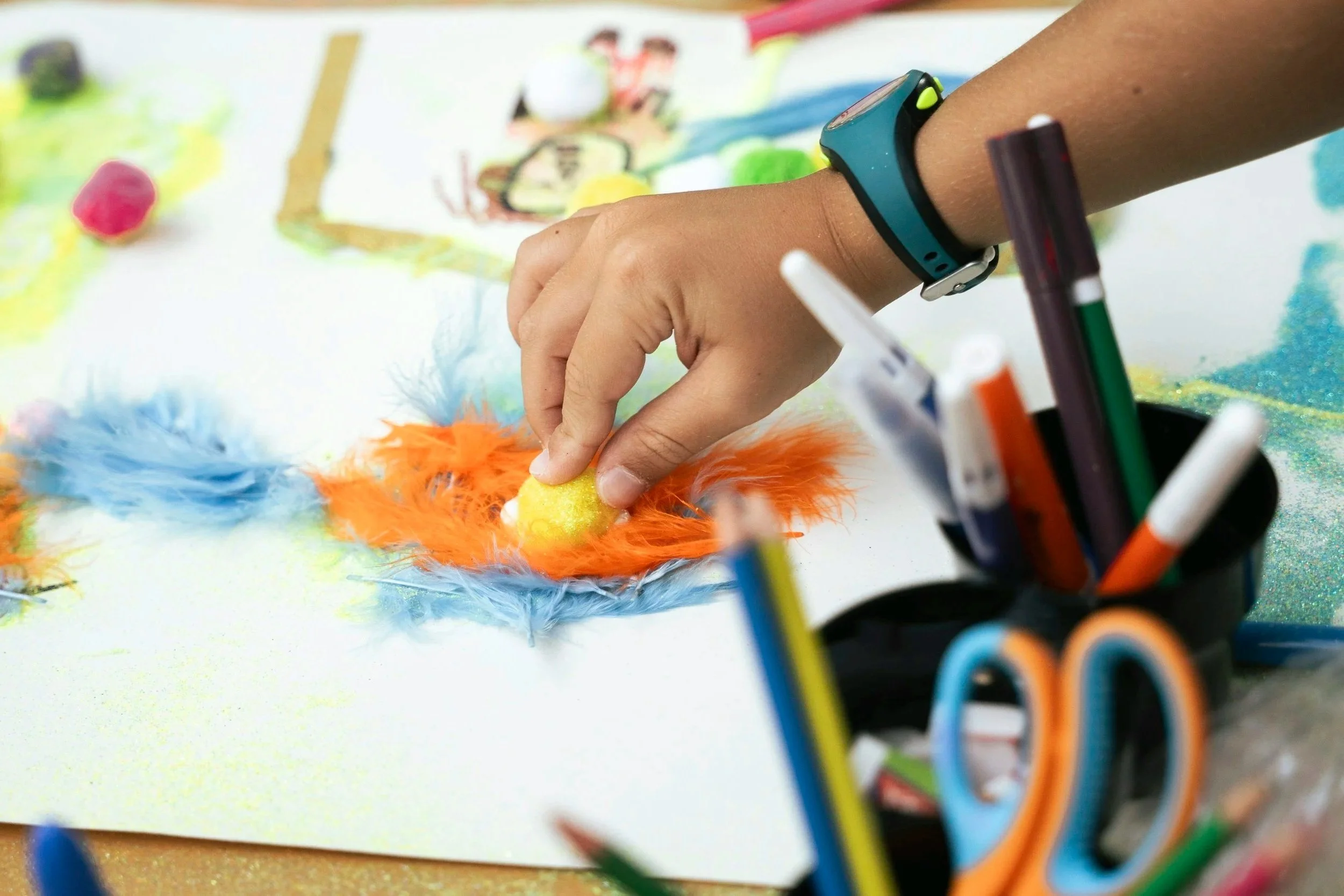
Creative Activities for Counseling Kids
A creative outlet can be a powerful coping tool. Read on to explore our free resources for art therapy, creative writing, and sensory activities.
![How to [Realistically] Face A Bully](https://images.squarespace-cdn.com/content/v1/64f7406998895619a632c4af/1756838967301-4M7KBDSQM8UP0HSXSXVG/How+to+face+bullying.png)
How to [Realistically] Face A Bully
When working with victimized kids, it can be helpful to talk about preserving their “light” over confronting the bully. Some kids feel empowered to stand up to their bully, but many lack the social supports and/or confidence to successfully navigate a confrontation. In these cases, remind them that they don’t have to do anything except shield their light.
We have collected 10 of our free printable resources to help kids find their light and build self-esteem.

Self-Perception in Childhood
Kids are often in positions where they can’t change their circumstances and this lack of control can lead to feelings of despair and negative self-perception. So how can we help them find ways to exercise self-efficacy within the confines of childhood? Connect them with their future selves!
We have created two free, printable exercises to help kids think about their present situation, how they would like things to be different, and their aspirations for the future.

Infographics About Child Therapy
Our free printable infographics make complex concepts about emotional and behavioral health more accessible so that caregivers, clinicians, and educators are better able to understand and engage with the therapeutic process.
We aim to empower the community through user-friendly psycho-education, skill building, and practical application—because a deeper understanding of mental and behavioral health increases awareness, reduces stigma, and encourages early intervention.

Would You Rather…?
“Would you rather…?” questions encourage kids to consider and compare outcomes while learning to articulate personal preferences. The exploration of likes, dislikes, passions, and outcomes builds confidence and supports emotional development.
Read on for access to our free printable resources that promote meaningful conversation!

5 Scavenger Hunts for Kids
A good scavenger hunt inspires exploration of the environment while honing observation skills. Encourage movement, spark curiosity, and practice mindfulness with our FREE PRINTABLE SCAVENGER HUNTS.

Summer Counseling Activities
Summer is great time to engage with kids in fun, creative ways! Through play-based learning, art prompts, nature exploration, mindfulness exercises, and team-building games, kids can grow, connect, and thrive during summer break.
Check out our summer recommendations and free printable activities!

Worksheets for Child Therapy: Activities
Our free printable therapeutic activities provide creative outlets for kids to explore their emotions, understand their behaviors, and develop essential coping skills.

Safety Planning with Kids
Suicidal ideation among children and adolescents is a growing concern and an uncomfortable reality, but awareness contributes to prevention.
Intense emotional pain is often dismissed in young people, but many face overwhelming stress, trauma, or challenges that can lead to unsafe thoughts or behaviors. Early recognition and open conversations are essential for risk reduction.

Navigating Emotional Dysregulation in Kids
Emotional regulation is often equated with calmness, but that’s not the whole picture. Rather, emotional regulation is effective management of all emotions. Anger, sadness, frustration, jealousy, grief, excitement, shock, elation, fear are not generally “calm” emotions, but a person can experience them from a place of governance.
Read on to learn more, and explore our free printable resources!
